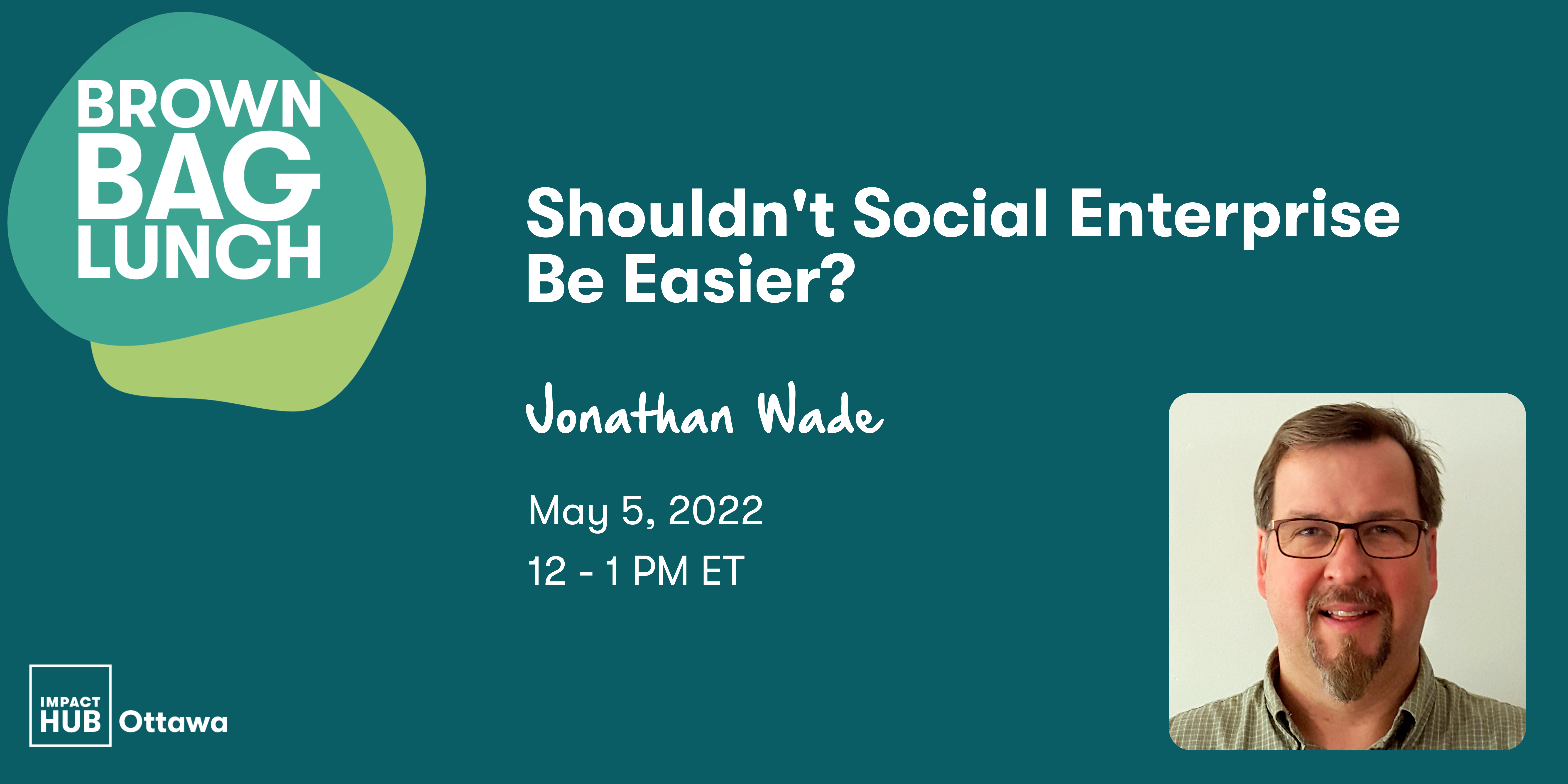Society often celebrates leadership as admirable–indeed, we idolize those we call leaders–yet there is no universal agreement on what truly makes a leader. Leadership can be approached in many ways, and some scholars suggest that different situations demand different leadership styles. Leadership models vary—some emphasize inherent traits and skills, while others focus on the ability of leaders to adapt to the circumstances they face. Expectations for leaders are high, but many may hesitate to adopt the title for fear of disappointing or alienating their team by assuming a hierarchical stance.
In my experience as a social enterprise consultant, I have observed three principal archetypes who are drawn to lead the creation, launch, and growth of social enterprises.
The Aspiring Solopreneur:
Often young and idealistic, these individuals are usually motivated by personal experiences of social injustice, either witnessed or endured. They are the warriors and activists who seek change, often working long hours without compensation. Charismatic and articulate, they quickly gather a group of supporters who share their vision. However, their impatience can be a drawback, particularly when they don’t understand why established institutions aren’t responding to their logical arguments and impassioned stories. This frustration can lead to under informed accusations against governments, corporations, and multilateral agencies. They may also lack connections within the broader social field and might face significant personal financial challenges later on, such as mortgages or raising children, which could force them to abandon their work.
The Seasoned Social Change Agent:
Typically older, these individuals have seen their idealism tempered by years of working to make incremental changes. They often work within established organizations—typically non-profits or co-operatives—that share their vision of a better future. Well-connected within their communities, regions, or even globally, they have often struggled to secure funding through philanthropy and grants and are looking for sustainable ways to finance their projects. However, their experience may make them cautious, leading to a “poverty trap” where they fear taking risks or investing in essential business efforts such as market research, supplier engagement, fair staff compensation, or marketing.
The Enlightened Business Person:
These are individuals from the business world who transition into social enterprise, often driven by personal experiences or causes they encounter later in life—such as a rare disease diagnosis or a direct connection with someone in crisis. These entrepreneurs are often capable, experienced entrepreneurs who may not need advice on balance sheets or brand ambassadors. However, as they enter the social change arena, they may be unaware of the extensive network of individuals and organizations already deeply involved in the social issues they are just discovering. Additionally, they may be criticized for applying a simplistic cost-benefit analysis to complex social problems, such as housing insecurity, addiction, mental health crises, or environmental degradation. Frustration can arise when they perceive the decisions of those on the “front line” as irrational or overly consultative and slow.
Each of these archetypes brings unique skills, passions, and blind spots to their social enterprise journey. As a consultant to social entrepreneurs and a student of what makes a successful social enterprise, I believe that effective, lasting social change requires highly functional teams united by a shared vision of improvement. Leaders with emotional intelligence (often referred to as EI or EQ) are better equipped to manage interpersonal relationships judiciously and with empathy, which helps create stronger teams.
The traditional “command and control” leader is increasingly obsolete. While this leadership style remains necessary in emergencies, on the battlefield, and in life-or-death situations, creating social change requires a more nuanced, interactive approach.
Two common leadership styles in the social sector are Transformational Leadership (also known as Visionary Leadership) and Servant Leadership (sometimes referred to as Affiliative Leadership):
Transformational Leadership involves leading by example and inspiring others through a clear vision and engaging techniques. This style is well-suited to aspiring solopreneurs and can be combined with Authentic Leadership, where the leader remains true to their values and ethics, fostering trust within the team. However, transformational leadership can be idealistic and difficult to sustain over time, especially in stable environments that do not require constant change.
Servant Leadership takes the opposite approach, with the leader prioritizing the needs of the team, often at their own expense. This approach fosters an inclusive environment and empowers the team to take responsibility and ownership of their work, with the leader providing support. However, this seemingly selfless form of leadership can overlook the potential for power struggles and may lead to a loss of focus on the original mission. Additionally, servant leadership can result in decision-making delays if there is no clear directive from a group of actors.
Gone is the pervasive belief that leaders are born rather than made. Increasingly, scholars and practitioners recognize that leadership skills—such as active listening, situational assessment, and mindfulness—can be learned and that different leadership styles should be applied as situations demand. The three archetypes of social entrepreneurs—solopreneurs, seasoned social change agents, and enlightened business people—all benefit from developing their emotional intelligence to learn from and work with others who are vital to their success in creating social change.


